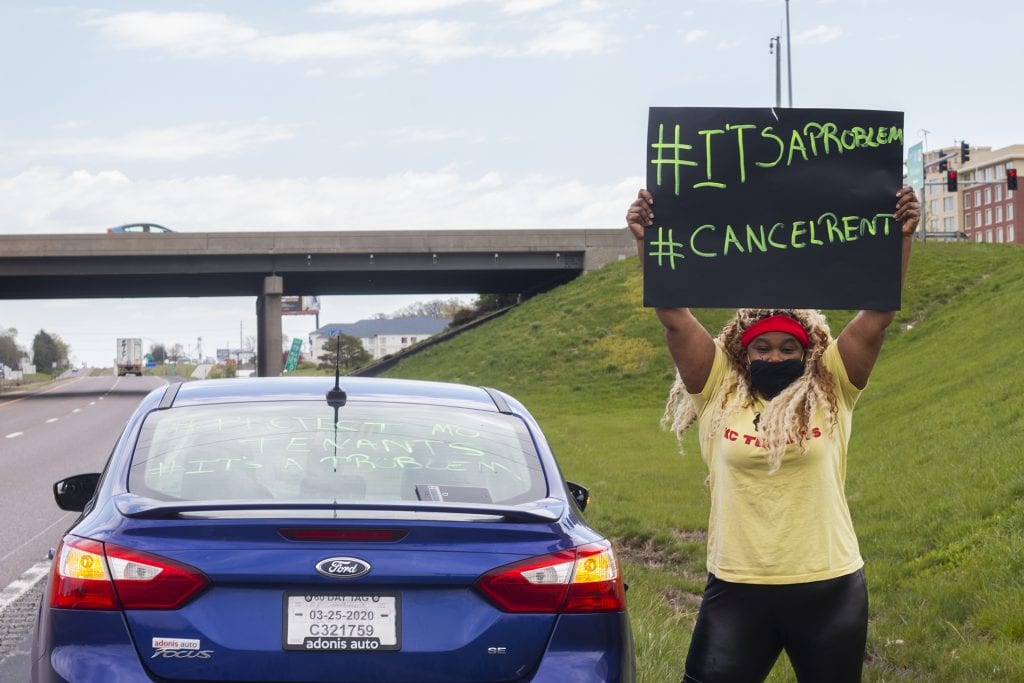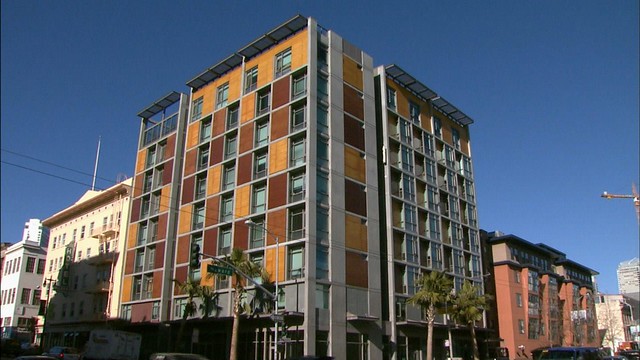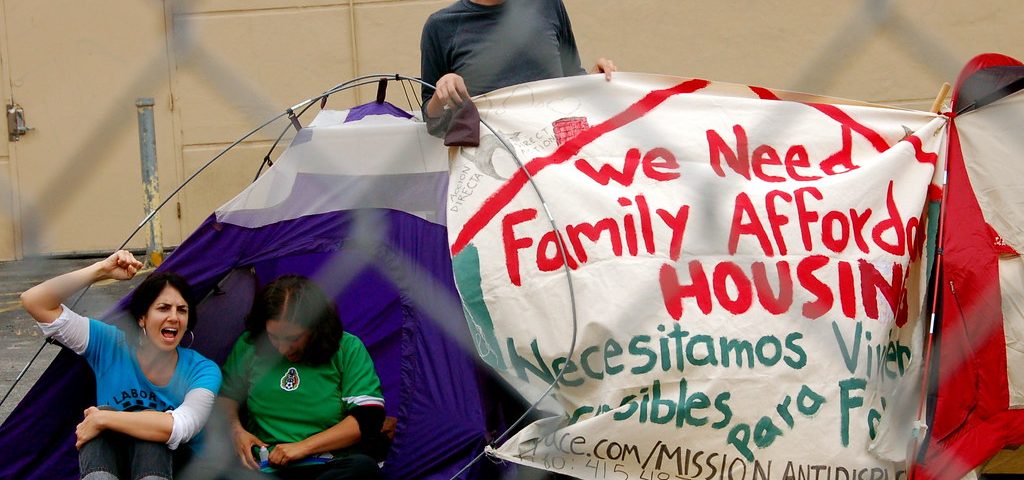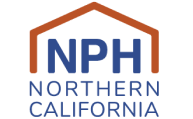Affordable Housing Advocates Release Plan for Providing Immediate Assistance to Struggling Low-Income Households, Maintaining Access to Affordable Housing During the COVID-19 Emergency

Shelterforce: What Would It Mean to Cancel Rent?
May 5, 2020
Amidst COVID environment, Bay Area Voters Cite Housing As Top Concern
May 18, 2020
The new ‘Affordable Housing and Homelessness Framework’ includes detailed funding proposals to support vulnerable Californians during the COVID-19 crisis—and highlights a 9-bill package for preserving and producing much-needed affordable housing
SACRAMENTO – Eleven of the state’s leading affordable housing and homelessness advocacy organizations today jointly released a new Affordable Housing and Homelessness Framework, highlighting a package of immediate and long-term policy solutions needed to support vulnerable Californians during and after the COVID-19 emergency.
The Framework includes a series of detailed funding proposals that can be addressed as part of the state and federal response to the crisis, including a $100 billion federal rental assistance program, $2 billion in state funding for homelessness services, a new $1 billion state funding pool to ensure affordable housing properties can remain operating, and a range of emergency updates to the Low Income Housing Tax Credit Program. The Framework also calls for the prohibition of evictions from rental housing for non-payment of rent during the crisis.
In addition to these short-term proposals, the Framework also highlights a 9-bill package in the state Legislature that can address its four principles—tackling homelessness, investing in affordable housing production and preservation, reducing barriers to affordable housing development, and promoting housing stability.
With the state now facing substantial budget deficits and an abridged legislative session, affordable housing advocates encourage the Governor and Legislature to use the Framework as a guide as they seek to address the impacts of COVID-19 on housing—and to maintain and expand access to affordable housing in the future.
“As we emerge from the COVID-19 pandemic, we must lay the foundation to rebuild and recover,” said Lisa Hershey, Executive Director of Housing California. “To do so, California’s leaders must choose the right tools for our toolbox. The Framework represents a comprehensive ‘both and’ approach—addressing the dire needs of low-income households while looking ahead to create a California with homes, health, and prosperity for all.”
Even before COVID-19, California faced a shortfall of 1.4 million homes affordable to those struggling the most. More than 150,000 people experienced homelessness on any given night, and more than 3 out of 4 extremely low-income households paid more than 50% of their income on rent. To address these challenges, housing advocates worked with legislators to develop bills that advance evidence-based solutions this year to effectively address these needs.
In the wake of COVID-19, state leaders have worked quickly to provide meaningful resources and support to those hit hardest by the crisis. With the Legislature back in session, affordable housing groups are now calling on state leaders to enact a comprehensive agenda that includes immediate relief and long-term, bold solutions that strengthen the fabric of our communities so everyone has a safe, decent place to call home. By adopting these recommendations, legislators will set California firmly on a path where low-income renters remain housed, affordable housing providers remain solvent, and those experiencing homelessness can secure permanent homes.
“The COVID-19 emergency has only intensified California’s daunting affordable housing challenges, and it has never been more important for state leaders to find ways to ensure access to safe, affordable homes,” said Ray Pearl, Executive Director of the California Housing Consortium. “Now is also the time to assist lower-income households struggling to pay rent, preserve the state’s limited supply of affordable housing, and help accelerate the economic recovery by promoting production of the safe, affordable housing Californians need.”
To view the Affordable Housing and Homelessness Framework, click here.
Organizations sponsoring this Framework include:
· California Coalition for Rural Housing (CCRH)
· California Housing Consortium (CHC)
· California Housing Partnership
· California Rural Legal Assistance Foundation (CRLAF)
· Housing California
· Kennedy Commission
· Non-Profit Housing Association of Northern California (NPH)
· Sacramento Housing Alliance (SHA)
· San Diego Housing Federation
· Southern California Association for Nonprofit Housing (SCANPH)
· Western Center on Law and Poverty
Additional comments from sponsoring organizations:
Amie Fishman, Executive Director, Non-Profit Housing Association of Northern California
“We must be bold, we must stand strong for our communities, and we must invest in safe, stable, affordable homes today and tomorrow. We are calling on the State and Federal governments to invest in affordable housing and rent relief as the only pathway forward and a critical foundation to restoring and rebuilding a healthy, thriving, and equitable California.”
Alan Greenlee, Executive Director, Southern California Association of Nonprofit Housing
“The Southern California Association of Nonprofit Housing strongly supports these affordable housing and homelessness proposals. During this COVID-19 health crisis, people who are homeless or do not have safe dependable housing are some of the most vulnerable in our communities. We need to take action now to keep Californians housed and build more affordable housing.”
Rob Wiener, Executive Director, California Coalition for Rural Housing
“The California Coalition for Rural Housing strongly supports these proposals, which will provide immediate COVID-19 relief and long-term recovery help to stabilize low-income, farmworker, and tribal communities and support the community-based organizations at the frontlines of housing needy Rural Californians.”
###

